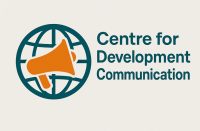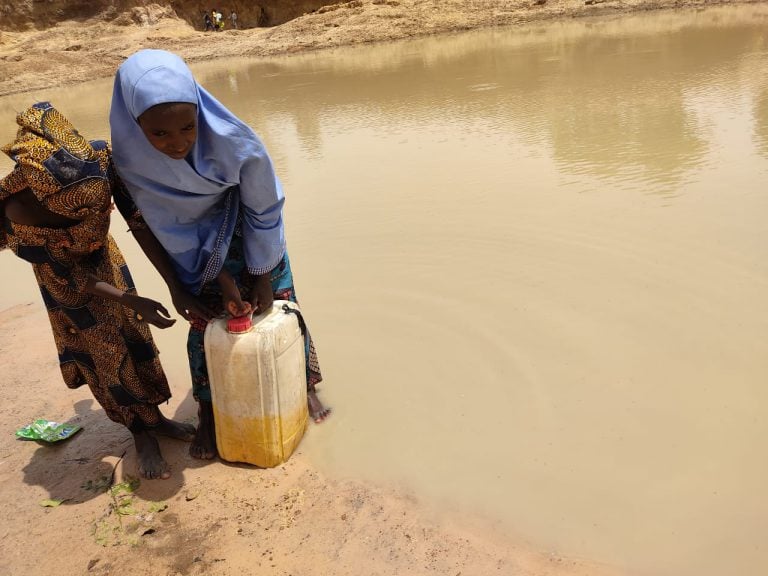An estimated 5,000 inhabitants of the Warawa community in Warawa Local Government Area of Kano State, North-West Nigeria rely solely on the dirty ponds as their only source of drinking water.
The residents who are peasant farmers share the same pond with animals making it worse contaminated and exposing them to illnesses that result in their deaths.
This is the situation in the Warawa community even as drinking dirty water has been widely acknowledged as a main cause of Cholera.
Worse still, the Kano state government in an official statement last year, said it recorded 11,475 cholera cases and 329 deaths.
Mr. Sulaiman Iliyasu, the Disease Surveillance and Notification Officer (DSNO), who disclosed the incident, said the cholera cases were reported across the 44 Local Government Areas of the state.
Kano state last year approved the sum of N137 billion for the provision of potable water in the Gaya Local Government Area alone. An action the state government said was to combat Cholera.
Kano residents especially the rural communities, continue to die as a result of Cholera which has since been linked to dirty water. However, the state government is yet to account for a huge sum of monies she claims have been expended in the provision of clean water across communities.
As residents continue to recount how they rely on dirty water and share the same with animals, it has health implications for the 5,000 inhabitants and beyond.
Cholera, a disease that has killed many in Kano, will not be addressed and will continue to kill more people. And, this is because many communities in Kano continue to rely on dirty water as their only source of drinking water.
Despite the claim by the state government to have spent a huge amount of money in providing portable water to tackle Cholera, many communities in the state have no clean water and continue to drink dirty water that exposes them to Cholera and deaths.
Tracka a public accountability organization that exposed the dirty water the community drink has since appealed to the Kano State government to help provide them with clean water.

